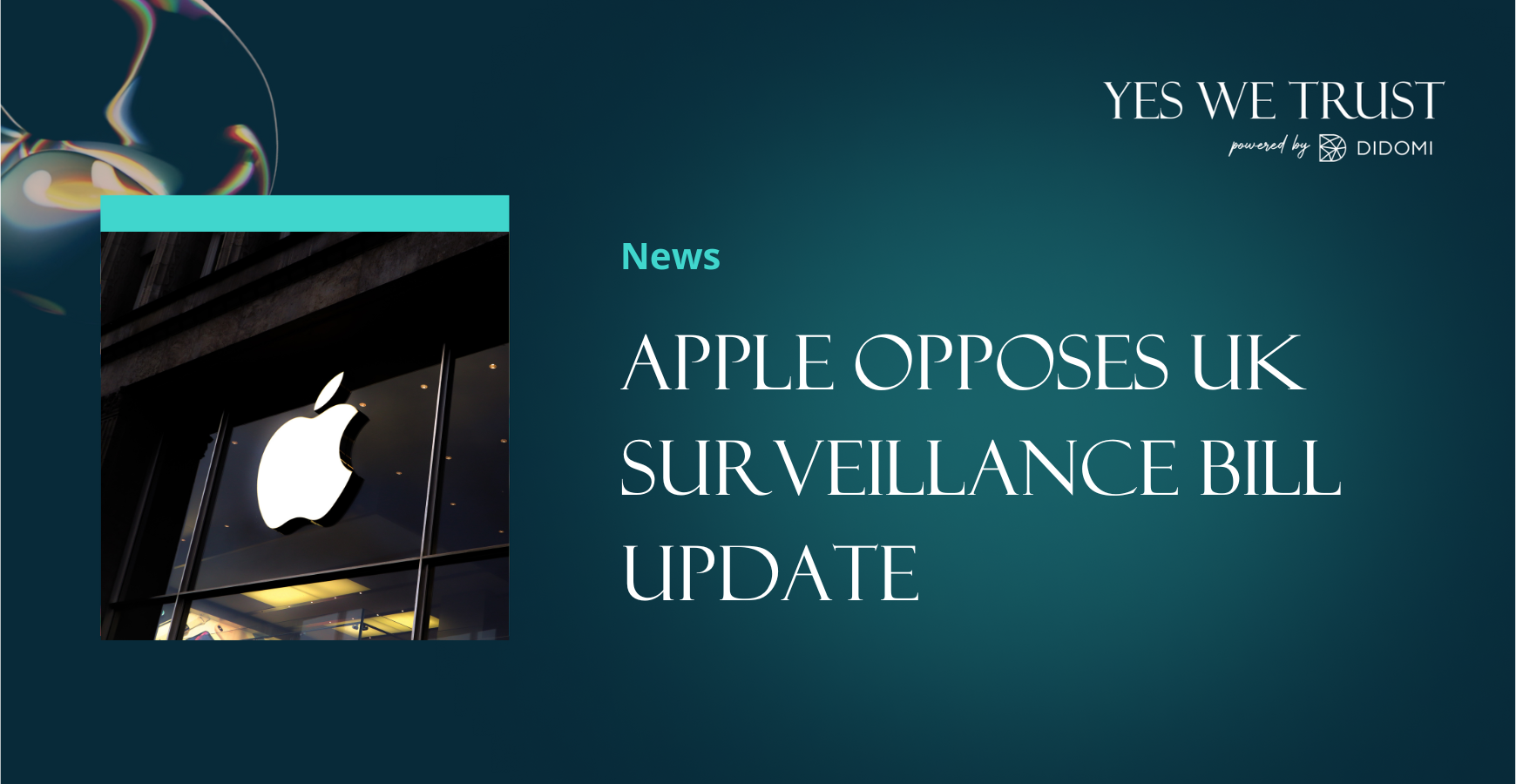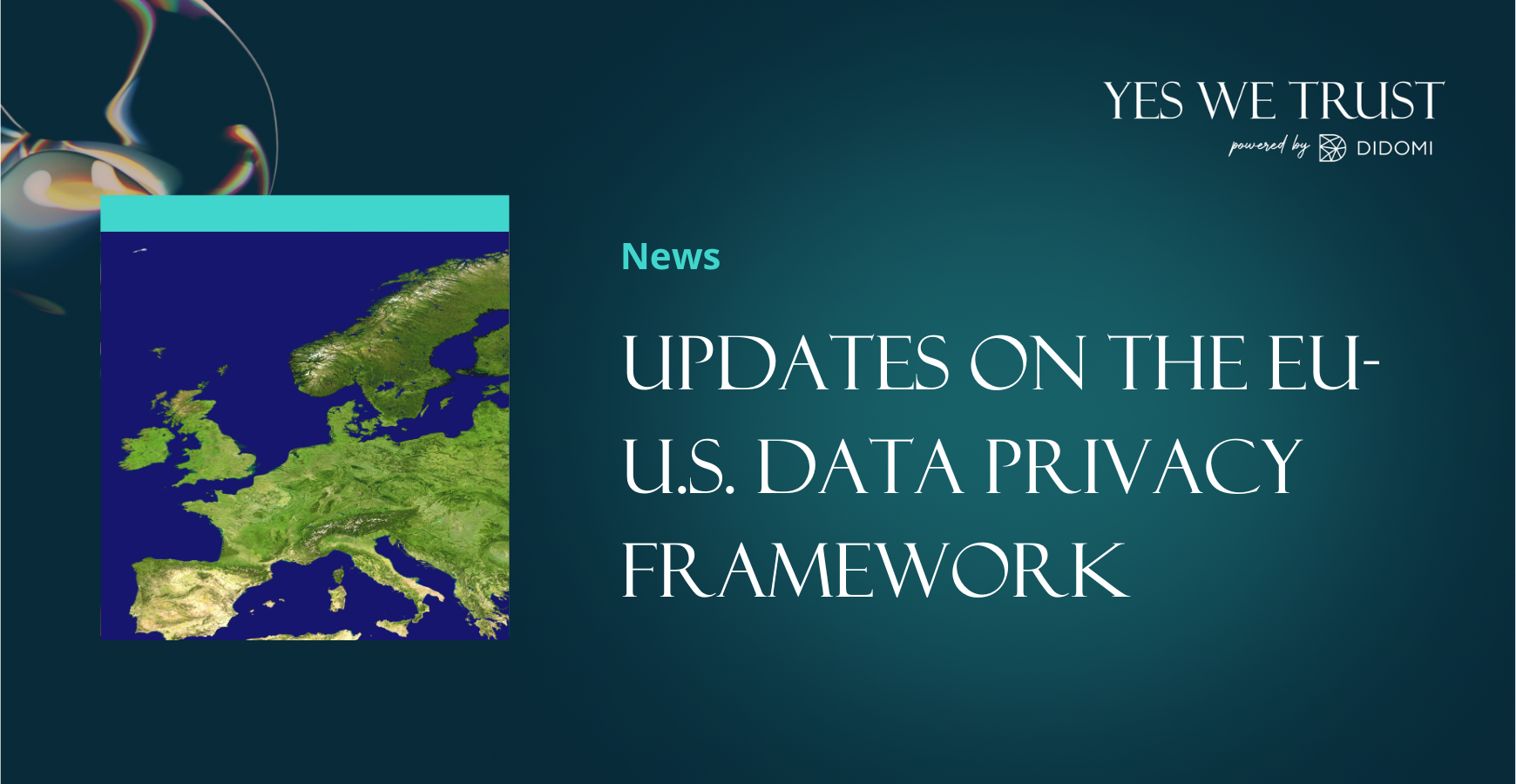Summary
Apple is joining WhatsApp and Signal in opposing an update to the Investigatory Powers Act (IPA) of 2016 proposed by the UK government.
The update would require messaging services to clear security features with the British Home Office before releasing them, and would give the Home Office the right to demand these services to disable security features without telling the public, effectively bypassing end-to-end encryption.
While the Home Office told the BBC that the Investigatory Powers Act was designed to "protect the public from criminals, child sex abusers and terrorists," Apple argues that the update would give oversight of product security changes and could negatively impact their products globally, a sentiment echoed by other companies in the space such as Whatsapp:
|
“Ninety-eight per cent of our users are outside the UK (...) They do not want us to lower the security of the product, and just as a straightforward matter, it would be an odd choice for us to choose to lower the security of the product in a way that would affect those 98% of users.” -Will Cathcart, Head of WhatsApp at Meta (source: The Guardian) |
Faced with this new update proposal, Apple has warned that it could withdraw Facetime and iMessage from the United Kingdom if the British government decides to go ahead with the planned changes, something to which the Home Office has replied by reassuring that no decision had been made and that the changes were in a review process.
Privacy rights organizations are joining in on arguing against the proposed updates. Following a debate about the bill in the House of Lords last week, the UK-based digital campaigning organization Open Rights Group (ORG) has issued comments:
|
“The government claims it will protect encryption but has still not provided detail about how this is possible if these powers are enacted. It is now left to tech companies, who may have to deal with notices asking them to weaken the security of their products.” - Dr Monica Horten, Policy Manager for freedom of expression at Open Rights Group (source: Open Rights Group) |
Apple's threat to withdraw from the UK echoes recent businesses choosing to skip the European Union (EU) during major product launches for data privacy and regulatory concerns: Google's Bard has yet to be release in the EU, and so has Threads, Meta's new social media app. ChatGPT was also banned temporarily in Italy earlier this year...
Is this a new trend we're likely to observe more and more as data privacy laws get more stringent around the world? What is your opinion?







